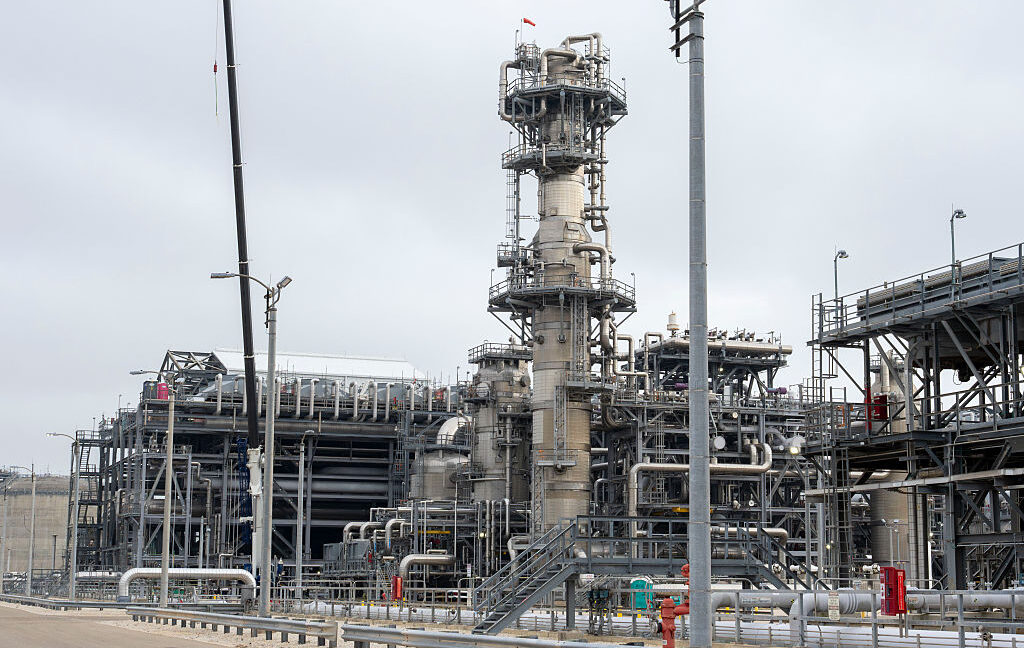Taiwan, the world’s largest producer of semiconductors, has dismissed claims that it would relocate half of its chip manufacturing to the United States, saying no such agreement was discussed in the latest talks with Washington.
U.S. Commerce Secretary Howard Lutnick had said in interviews this week that discussions had included shifting up to 50% of Taiwan’s production to the US, a claim Taipei says is not borne out by reality.
In response, Taiwan’s Vice Premier Cheng Li-chiun insisted that the negotiating team never committed to a 50-50 split and that talks have centered on tariffs and the US’s Section 232 investigations.
Taiwan remains the world’s top semiconductor supplier, with Taiwan Semiconductor Manufacturing Company (TSMC) accounting for about 68% of global foundry revenue in 2024, according to TrendForce, while Samsung stood at roughly 8%.
The push to expand US domestic chip production has grown since the pandemic exposed supply-chain vulnerabilities. The CHIPS and Science Act under the Biden administration has reserved substantial subsidies—$39 billion—to spur domestic manufacture, inviting major investments from Intel, Micron, and Samsung; TSMC unveiled a $65 billion Phoenix, Arizona, project in 2024, later expanded by more than $100 billion, supported by billions in subsidies. Still, the US government seeks less reliance on overseas production, complicating Taiwan’s strategic calculus amid regional tensions and broader geopolitical risks.

















![[AS2716] Universidade Federal do Rio Grande do Sul](https://r2.isp.tools/images/asn/2716/logo/image_100px.png)
![[AS52888] Universidade Federal de São Carlos (4 probes)](https://r2.isp.tools/images/asn/52888/logo/image_100px.png)
